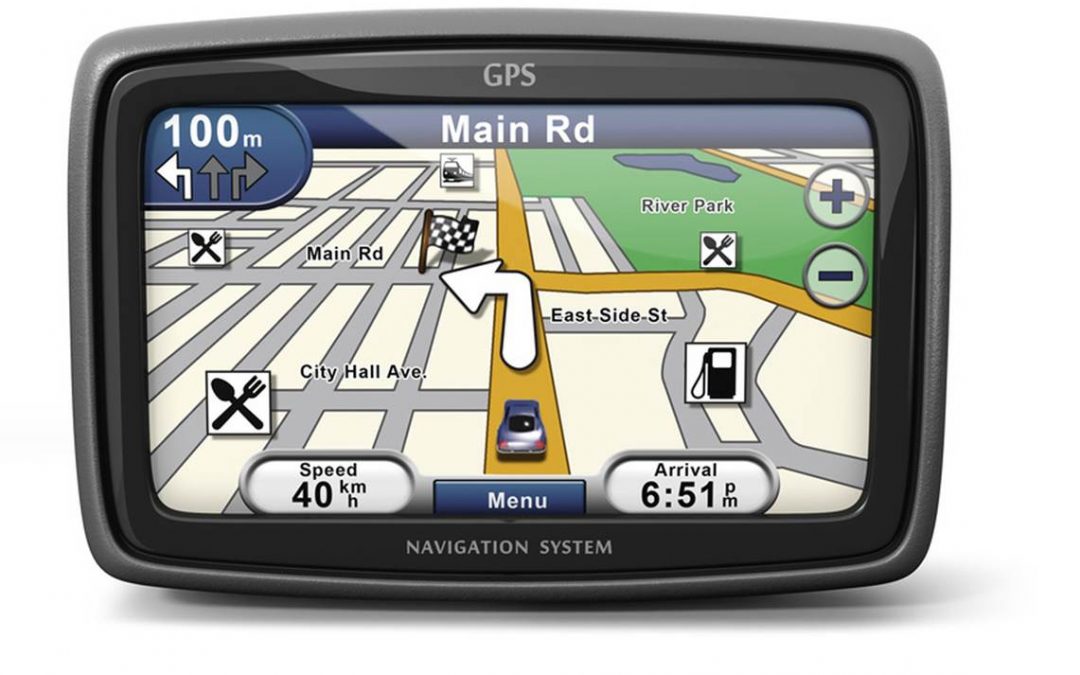 The GPS has become an indispensable tool in our everyday lives. With our handy GPS, we don’t have to worry about how to reach our destination. The GPS guides us with step-by-step instructions. If we take a wrong turn or get off track, the GPS quickly recalculates and redirects us back to the best path to reach our goal. In my book, The Politics of Promotion: How High Achieving Women Get Ahead and Stay Ahead, I refer to executive coaching as a career GPS, one of the essential tools you need in your tool kit to advance your career.
The GPS has become an indispensable tool in our everyday lives. With our handy GPS, we don’t have to worry about how to reach our destination. The GPS guides us with step-by-step instructions. If we take a wrong turn or get off track, the GPS quickly recalculates and redirects us back to the best path to reach our goal. In my book, The Politics of Promotion: How High Achieving Women Get Ahead and Stay Ahead, I refer to executive coaching as a career GPS, one of the essential tools you need in your tool kit to advance your career.
Although executive coaching gives both genders an advantage in the workplace, an executive coach, like the GPS, is especially important for women because their journey to leadership is not direct; they encounter many obstacles and unexpected changes along the way. Their careers don’t always progress logically one step up at a time and therefore, they must constantly recalculate and reassess their next move, and it takes savvy and strategy. Women often need to negotiate around barriers due to politics and subtle gender bias as well as their own internal barriers; their fears and self-doubt.
Authors Pamela L. Perrewe and Debra L. Nelson address the need for women to work with an executive coach because of the special challenges they face in the workplace in their article, Gender and Career Success. They state, “The focus of executive coaching is usually on skills such as political savvy and strategic vision.” They go on to say, “the unique problems that women managers face can be addressed with an individually tailored approach, as offered by executive coaching. Executive coaching increases psychological and social awareness and understanding, as well as the ability to develop and maintain effective interpersonal relationships.”
Coaching helps ambitious women:
- Think strategically about their careers.
- Increase self-awareness
- Manage the politics
- Work through challenging relationships
- Create a plan for increased visibility and influence
- Strengthen leadership skills
- Overcome limiting beliefs and self-doubt
- Move out of their comfort zone
Working with a coach gives savvy women an advantage by providing an objective perspective on how best to position themselves given the reality of their workplace.
What to look for in a coach
In addition to the coach’s background and experience, the coaching relationship will work well for you if your styles are compatible. Chemistry is best determined through personal interaction with a potential coach, either face-to-face or Skype. After all, it is a partnership and both parties need to have confidence in and respect for each other. A strong personal connection with your coach is critical.
Your coach’s style should match your needs. I’ve had coaches who were very direct, and I’ve had coaches who were warm and fuzzy. You decide what you need for a good working relationship.
Here are some questions to ask a prospective coach:
- Where did you get your coach training?
- Are you certified by the International Coach Federation (the only accrediting organization for coaches?
- How long have you been coaching?
- Who is your typical client?
- What is your business background?
- How would you describe your coaching style?
- What are your different programs and fees?
- Can your programs be customized for my needs?
- How often do you meet with clients?
- Do you meet live or by phone or Skype?
- Do you use assessments? If so, which ones?
- Are you available to shadow me at work?
- Do you coach both men and women?
- What are your payment terms?
- Can you share some relevant experiences you’ve had with clients?
- Will you provide at least two references?
Read the full article on FORBES.com

Recent Comments